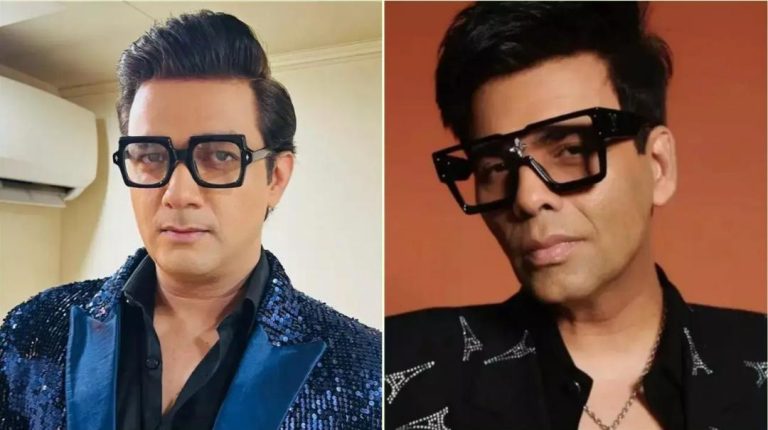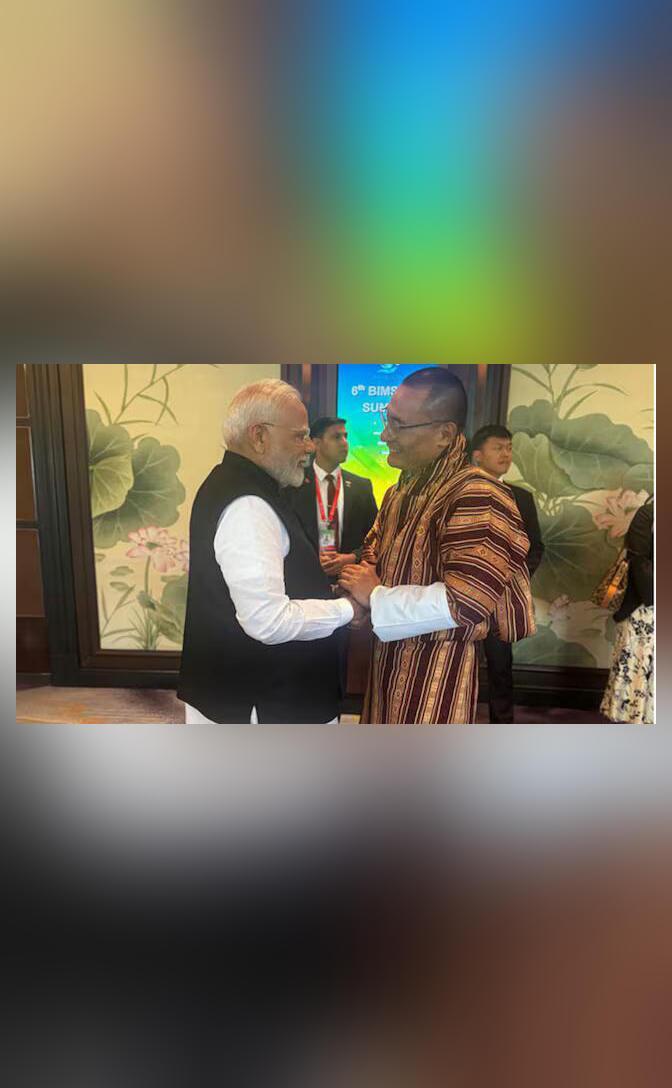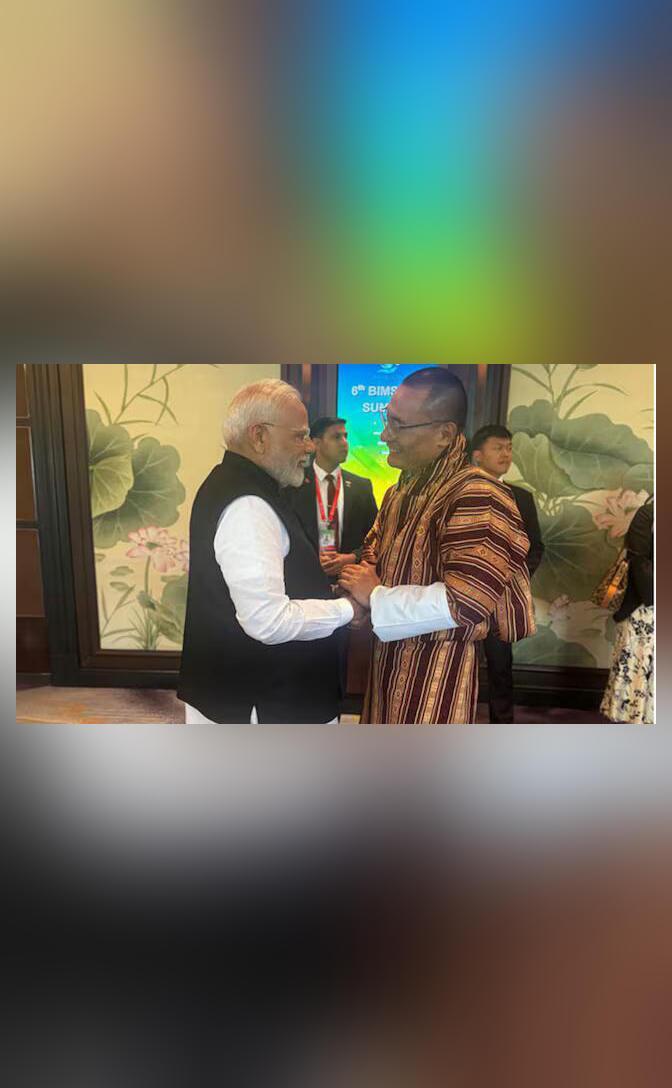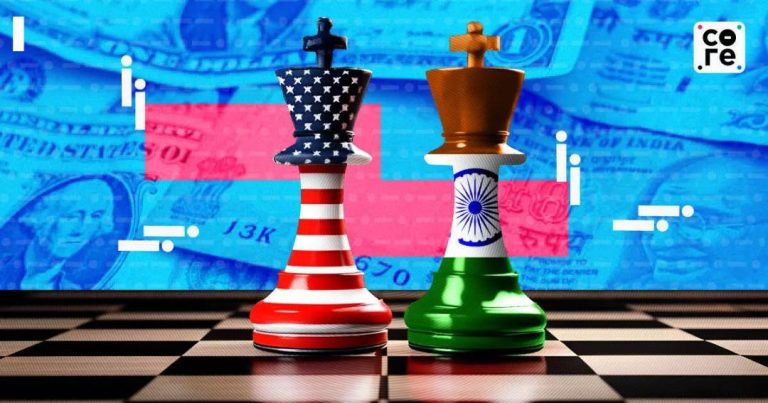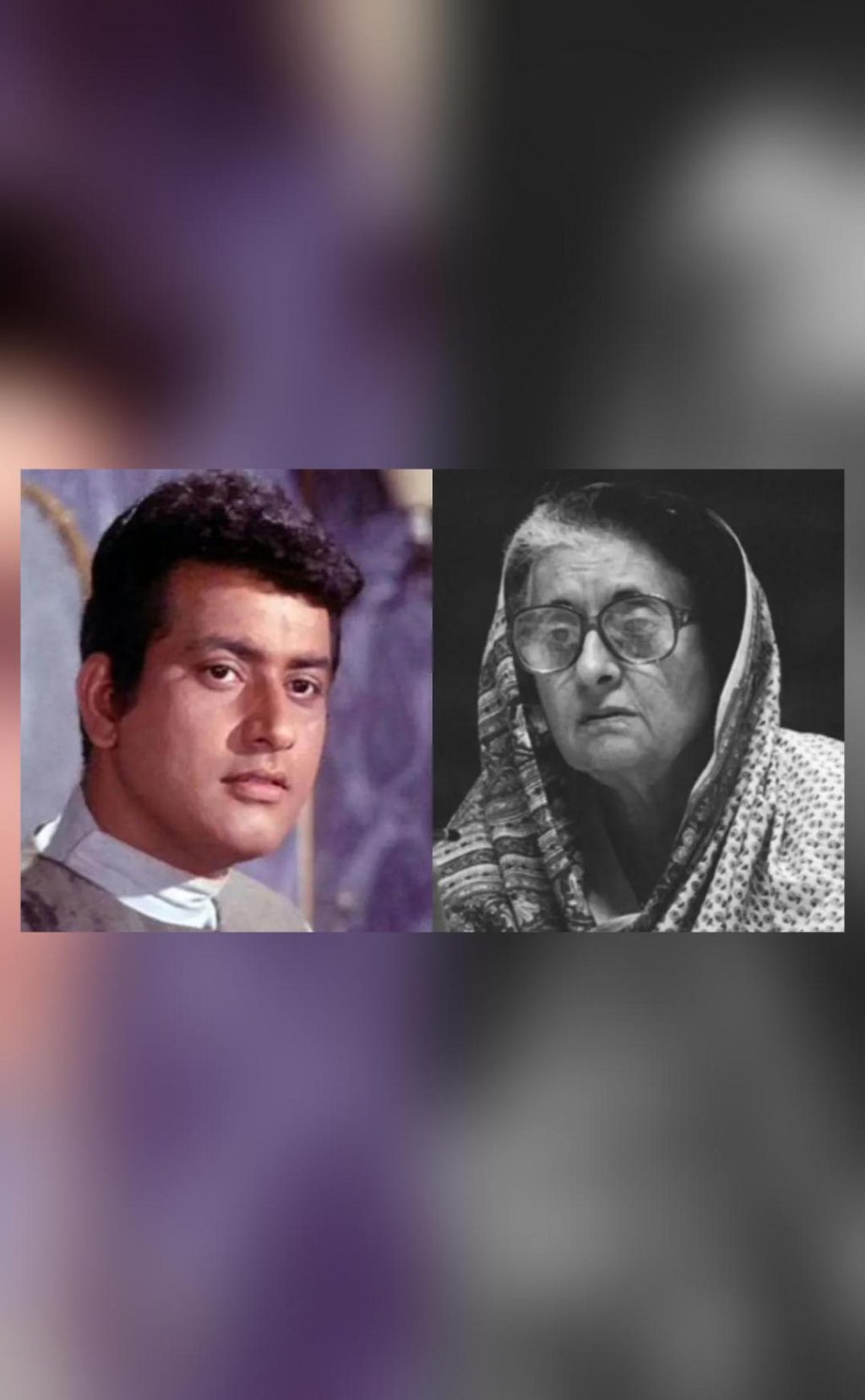
Manoj Kumar Clashed with Indira Gandhi During Emergency, Won Case Against Government
Veteran actor Manoj Kumar, who left for his heavenly abode on Friday, was a strong advocate for democracy and freedom of expression. During the Emergency imposed by the government of then Prime Minister Indira Gandhi in 1975, Manoj Kumar refused to succumb to the pressure and instead, took a bold stand against the draconian laws. His films were banned, and he faced severe consequences, but he didn’t back down. Instead, he filed a case against the government and won it.
Manoj Kumar’s journey as a filmmaker began in the 1950s, and he quickly made a name for himself with his thought-provoking and socially relevant films. His movies often dealt with themes of patriotism, social justice, and human rights, which resonated with the masses. However, his unwavering commitment to his principles and his refusal to toe the line set by the government during the Emergency era led to a series of confrontations with the authorities.
Indira Gandhi’s government imposed the Emergency in June 1975, citing national security concerns and the need for stability. However, the move was widely criticized for its authoritarian nature and the curtailment of fundamental rights, including freedom of speech and expression. Manoj Kumar, who was then one of the most popular actors in Bollywood, was not about to keep quiet in the face of such tyranny.
In 1976, Manoj Kumar’s films “Shor” and “Dus Numbri” were banned by the government, allegedly for their perceived anti-establishment content. However, the actor was not deterred. He continued to speak out against the Emergency, using his platform to raise his voice against the government’s excesses. His defiance did not go unnoticed, and he soon found himself facing severe consequences, including censorship and intimidation.
Despite the challenges he faced, Manoj Kumar refused to back down. He continued to make films that challenged the status quo and spoke truth to power. His most famous film, “Kranti”, released in 1981, was a powerful commentary on the Emergency era and the struggles of the common man. The film was a huge commercial success, and it cemented Manoj Kumar’s reputation as a filmmaker who was not afraid to take on the system.
However, Manoj Kumar’s most significant battle against the government came in the form of a court case. In 1977, he filed a petition against the government, challenging the constitutionality of the laws imposed during the Emergency. The case was heard in the Allahabad High Court, and Manoj Kumar’s arguments were supported by the court, which declared the laws as unconstitutional.
The government’s attempt to muzzle the actor and filmmaker had backfired, and Manoj Kumar emerged victorious. His victory was not just a personal triumph but also a symbol of the resilience of the human spirit and the importance of standing up for one’s principles.
Interestingly, Manoj Kumar had also been approached by Indira Gandhi herself to make a film about the Emergency era. The Prime Minister wanted a film that would showcase the government’s efforts to maintain law and order during the Emergency, and she had offered Manoj Kumar a substantial sum of money to make the film. However, the actor declined the offer, citing his opposition to the government’s policies.
In a recent interview, Manoj Kumar’s son, Kunal Kumar, revealed that his father had been offered a significant amount of money to make the film, but he had refused, saying, “I cannot make a film that would justify the Emergency and the curtailment of fundamental rights.”
Manoj Kumar’s life was a testament to his unwavering commitment to his principles and his refusal to compromise on his values. Despite facing severe challenges and opposition, he remained steadfast in his pursuit of truth and justice. His legacy continues to inspire generations of filmmakers and actors who are committed to using their platform to speak truth to power and stand up for what is right.
